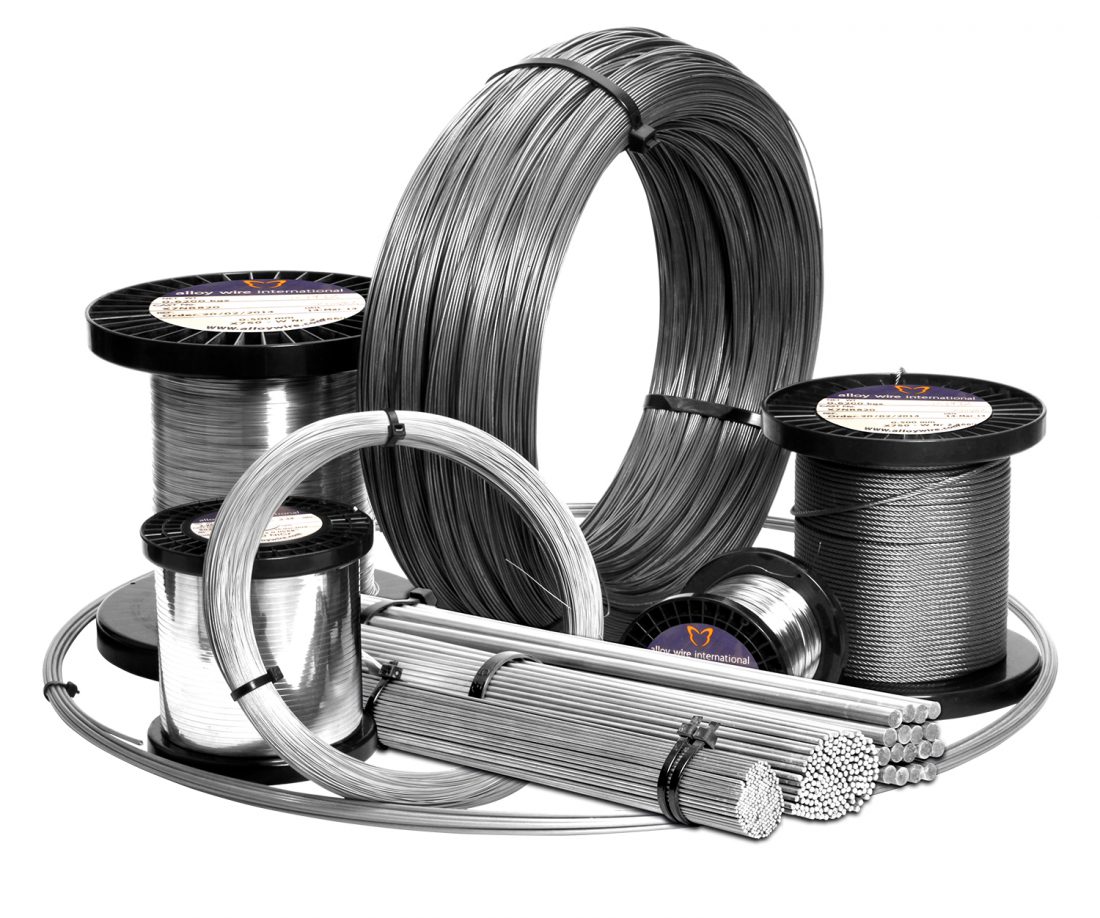
Alloy Wire International
Datasheet: Nickel® 270
Nickel® 270
A high purity grade of Nickel that is made by powder metallurgy, Nickel® 270 contains 99.95% Nickel in addition to traces of minor elements including Iron, Carbon and Copper. It has a low base hardness and high ductility, with its purity levels making it ideal for applications such as hydrogen thyratrons and electrical resistance thermometers.
Nickel® 270 is also known as HPM 270 Nickel.
Available in all profile options

Key Features
Nickel® 270 offers the following key features:
High purity grade of nickel that is made by powder metallurgy.
Typical Applications
Nickel® 270 is known to be suitable for the following applications:
Electrical resistance thermometers
Components for hydrogen thyratrons
Electrical and electronic components
Designations
W.NR 2.4050
UNS N02270
AWS 074
Specifications
–
Chemical Composition
The chemical composition of Nickel® 270 is indicated in the table below:
| Element | Min % | Max % |
|---|---|---|
| Ni + Co | 99.0 | – |
| Cu | – | 0.01 |
| Fe | – | 0.05 |
| Mn | – | 0.003 |
| C | – | 0.05 |
| S | – | 0.003 |
| Ti | – | 0.005 |
| Mg | – | 0.005 |
| Si | – | 0.005 |
| Al | – | 0.005 |


Alloy specification
Nickel® 270 density, melting point, coefficient of expansion, modulus of rigidity, and elasticity is indicated in the table below:
| Density | Melting Point | Coefficient of Expansion | Modulus of Rigidity | Modulus of Elasticity |
|---|---|---|---|---|
| 8.89 g/cm³ | 1454 °C | 13.3 μm/m °C (20 – 100 °C) | 82 kN/mm² | 207 kN/mm² |
| 0.321 lb/in³ | 2650 °F | 7.4 x 10-6 in/in °F (70 – 212 °F) | 11893 ksi | 30000 ksi |
Nickel® 270 electrical resistivity is indicated in the table below:
| Electrical Resistivity | |
|---|---|
| 7.5 μΩ • cm | 45 ohm • circ mil/ft |
Nickel® 270 thermal conductivity is indicated in the table below:
| Thermal Conductivity | |
|---|---|
| 86 W/m • °C | 595 btu • in/ft2 • h • °F |
Properties
The typical mechanical properties of Nickel® 270:
| Condition | Approx. tensile strength | Approx. operating temperature |
|---|---|---|
| Annealed | <450 N/mm² (<65 ksi) | Tensile strength and elongation drop significantly at temperatures above 315 °C (600 °F). Service temperature is dependent on environment, load and size range. |
| Hard Drawn | 600 – 800 N/mm² (87 – 116 ksi) | Tensile strength and elongation drop significantly at temperatures above 315 °C (600 °F). Service temperature is dependent on environment, load and size range. |
The above tensile strength ranges are typical. If you require different please ask.
*Trade name of Special Metals Group of Companies

